Returning to Clinical Practice: Enhanced Care through Advanced Training
24 Oct 2024
Returning to Clinical Practice: Enhanced Care through Advanced Training
Interview with Dr Nuru Emmanuel Malema, Regional Dermatology Training Centre (RDTC) Advanced Diploma in Dermatology and Venereology (ADDV) Graduate and International Foundation for Dermatology (IFD) Ambassador.
Dr Nuru Emmanuel Malema, a Dermatovenereology Officer (DVO) with two years of experience in dermatology, now works full-time at Nzega Town Hospital in the Tabora region, Western Tanzania. In April, she transitioned from a small health centre to Nzega Town Hospital to establish a dermatology unit, serving a region with over 3 million people. Annually, she treats over 2,700 patients.
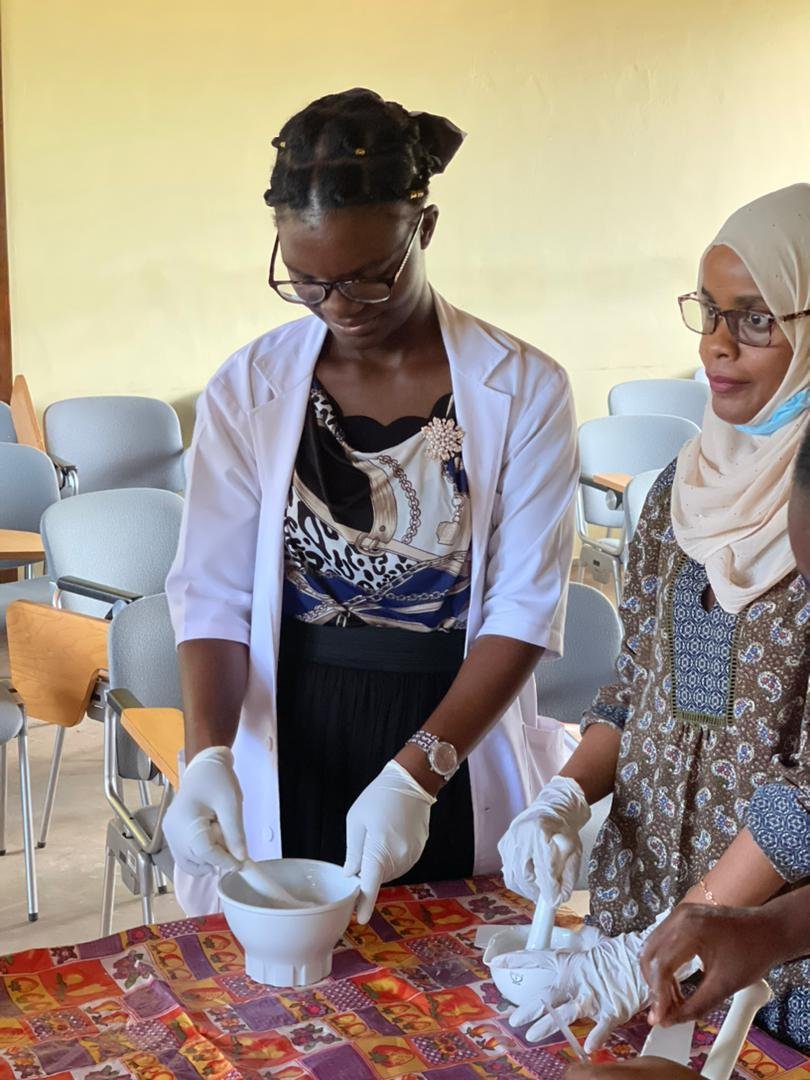
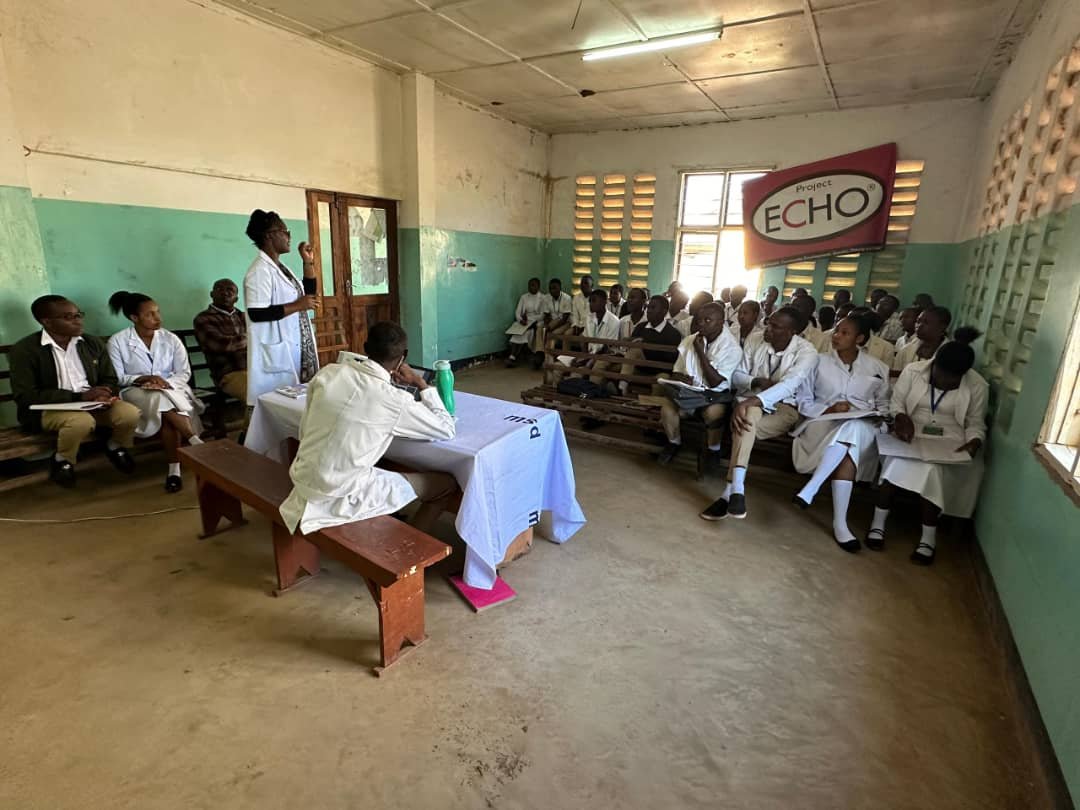

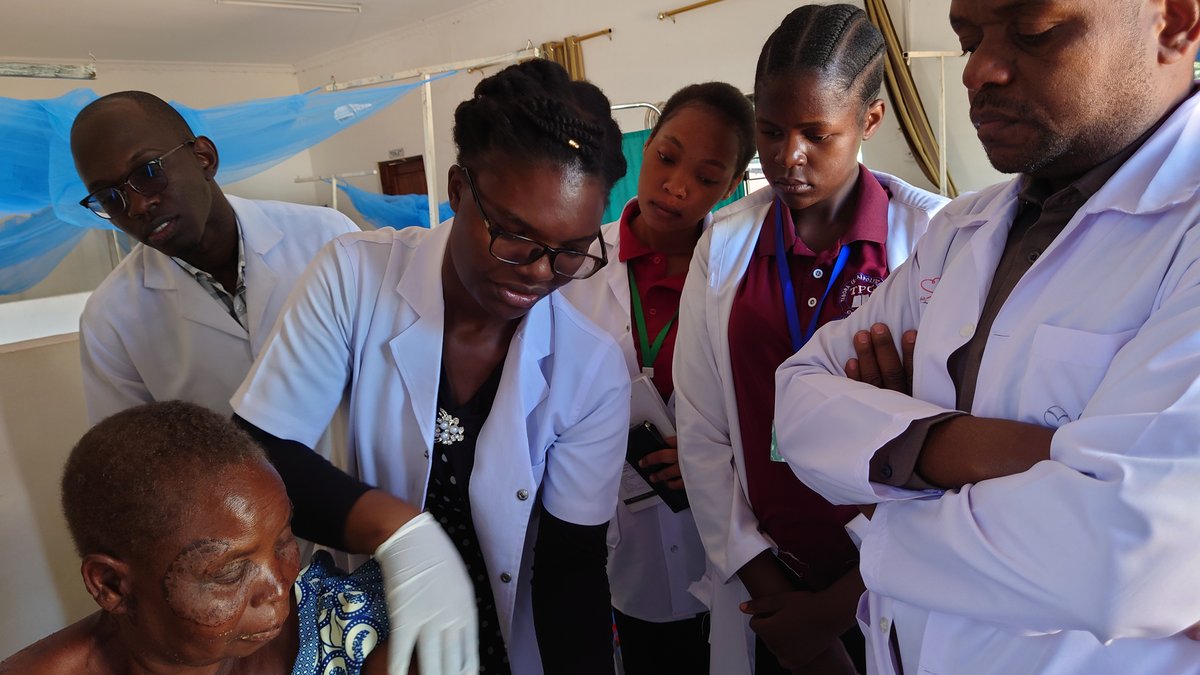
Early Career Challenges and Motivation
At her previous health facility, Dr Malema frequently struggled to diagnose and treat dermatological diseases effectively, often referring patients to higher centres. She recalls misdiagnosing a severe case of Toxic Epidermal Necrolysis (TEN) as a burn, which underscored her need for advanced training. Her interest in dermatology was further sparked by her experiences treating HIV/AIDS patients with skin manifestations and a recommendation from a friend about the Advanced Diploma in Dermatology and Venereology (ADDV) at the Regional Dermatology Training Centre (RDTC) in Moshi, Tanzania.
Training and Skills Acquired at RDTC
Dr Malema's training at RDTC was comprehensive, covering a wide range of dermatological and venereological topics:
- Basics of Dermatology and Venereology: Anatomy, physiology, skin immunology, infection and infestation of the skin, eczemas, and papulo-squamous disorders.
- Sexually Transmitted Infections (STIs): Management, transmission dynamics, and control.
- Leprosy: Epidemiology, clinical spectrum, diagnosis, and management.
- Pharmacology and Therapeutics: Routes of drug administration, interactions, side effects, and classification of antibiotics and topical medications.
- Primary Dermato-Surgery and Skin Cancer Management: Principles of dermato-surgery, skin cancer recognition, and management.
- Public Health and Epidemiology: Environmental and occupational health, communicable disease control, demography, and epidemiology.
These courses equipped her with the skills to diagnose and treat various dermatological conditions accurately, significantly improving her treatment plans and patient outcomes. She also gained practical experience in minor surgical procedures, although she wishes to acquire more advanced skills.

Current Role and Contributions
Dr Malema began her role at Nzega Town Hospital in late March and is set to treat approximately 2,700 patients annually. She sees 7 to 15 patients daily with conditions such as atopic dermatitis, tinea corporis, and urticaria. As the only dermatologist for over 3 million people in the region, she aims to establish a well-known dermatology department. She promotes the clinic's services through community outreach and educational initiatives to raise awareness.
In addition to her clinical duties, Dr Malema is committed to sharing her knowledge with her colleagues. She conducts regular training sessions and has implemented a Dermatological Continuing Medical Education (CME) plan to enhance the skills of fellow clinicians and nurses. These educational initiatives aim to improve the overall quality of dermatological care provided at the hospital.
Challenges in Current Practice
Dr Malema faces several challenges in her current practice:
- Lack of Equipment: Essential dermatological equipment, such as dermoscopy and cryotherapy machines, is in short supply, which is crucial for accurate diagnosis and effective treatment.
- Limited Resources: Important medications for skin diseases are not readily available, making it difficult to provide comprehensive care to patients.
- High Demand: Being the only dermatology specialist at the hospital is overwhelming, given the high demand for her services.
- Lack of Awareness: There is a lack of awareness among the community about the availability of dermatology services at the hospital, leading to underutilisation.
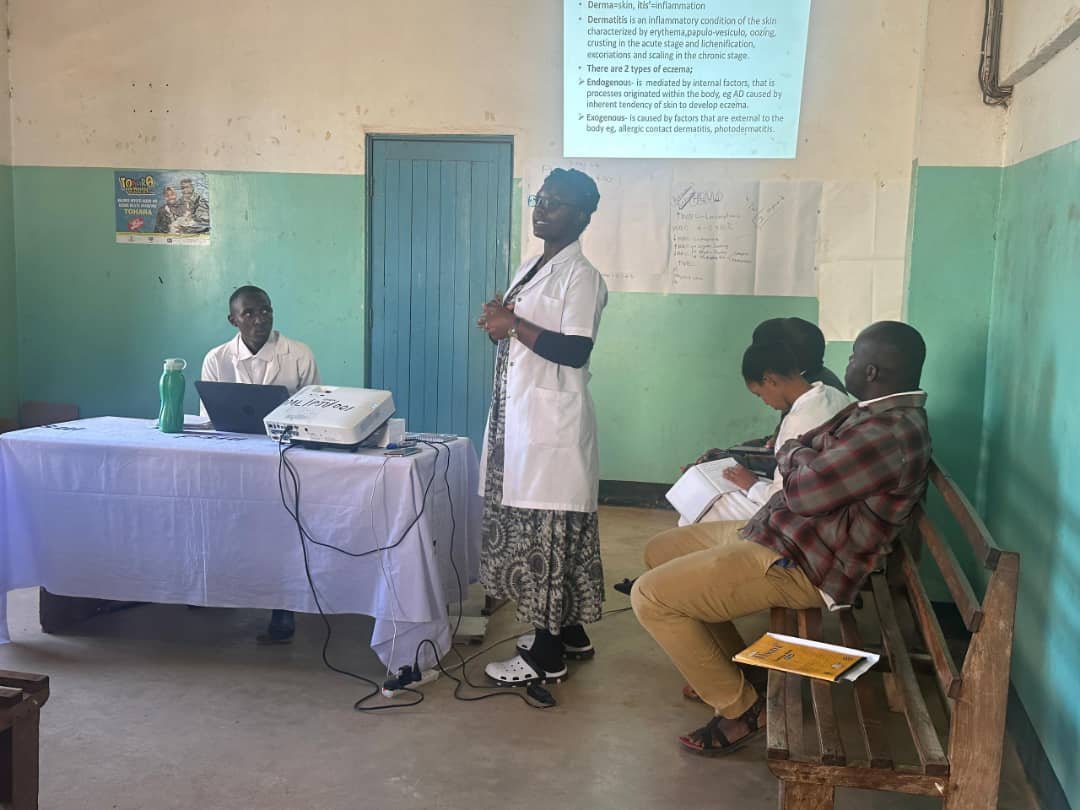
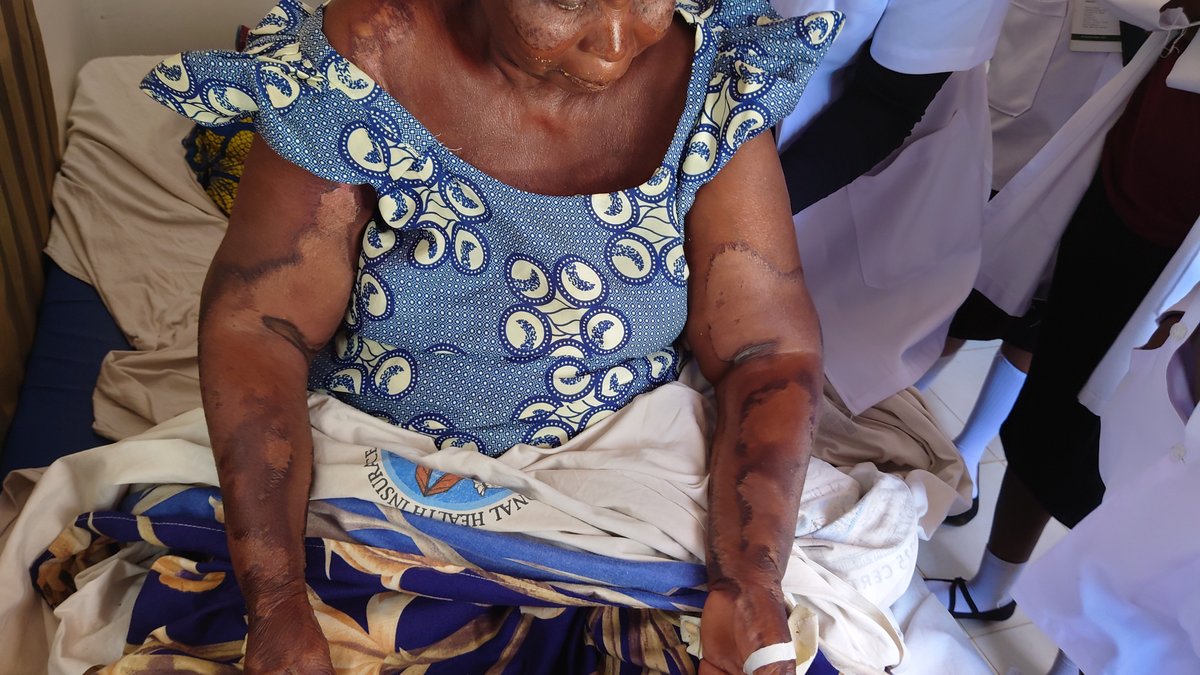
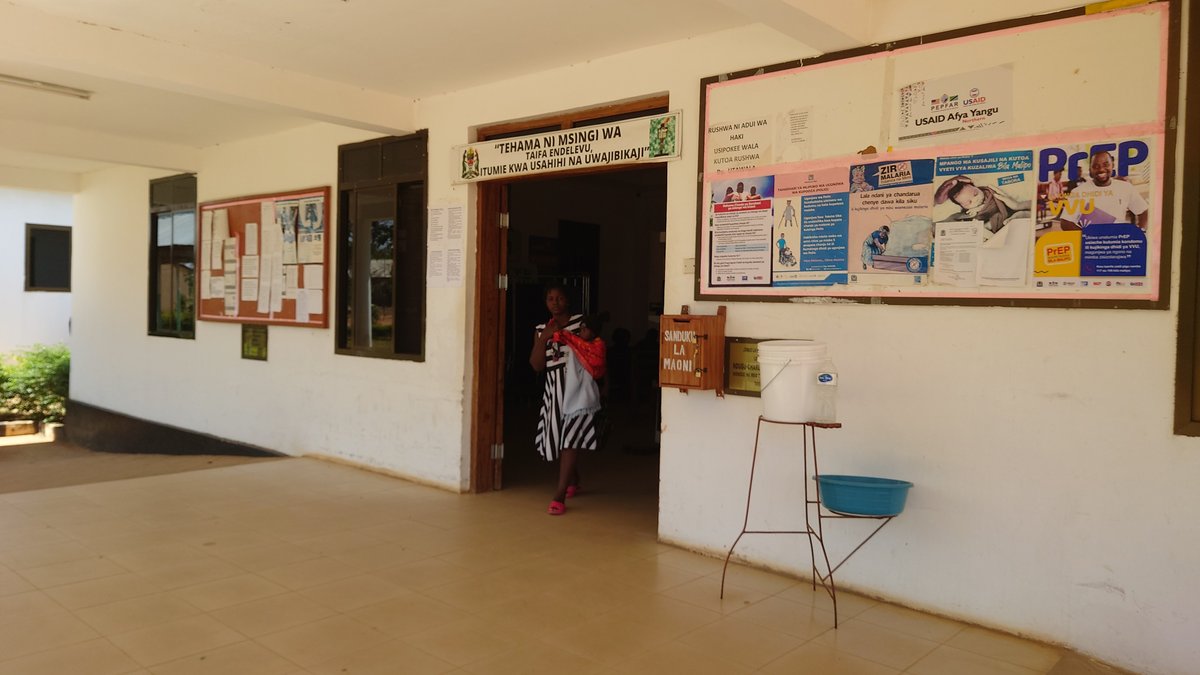

Future Plans and Aspirations
Dr Malema plans to extend her training efforts beyond Nzega Town Hospital by providing dermatological training to frontline healthcare workers in neighbouring districts and remote areas every two to three months. This initiative will improve access to dermatological care in underserved areas. Additionally, she intends to conduct clinics in other district hospitals within the Tabora region, where there are no skin specialists, at least once every two to three months. These efforts will also include training local clinicians to enhance their dermatology skills.
She also plans to expand her clinic to treat sexually transmitted diseases, recognising the need for comprehensive care. Dr Malema advises her peers to use the knowledge gained at RDTC to improve patient care and skin health.
Looking ahead, Dr Malema aspires to further her studies and become a registered Dermatovenereologist. She aims to pursue an MD in Medicine, building on her clinical medicine diploma and ADDV. Her dedication to advancing dermatological care is evident in her continuous efforts to improve patient care and her commitment to professional development.